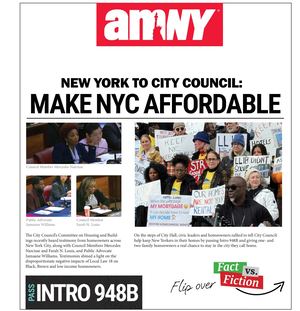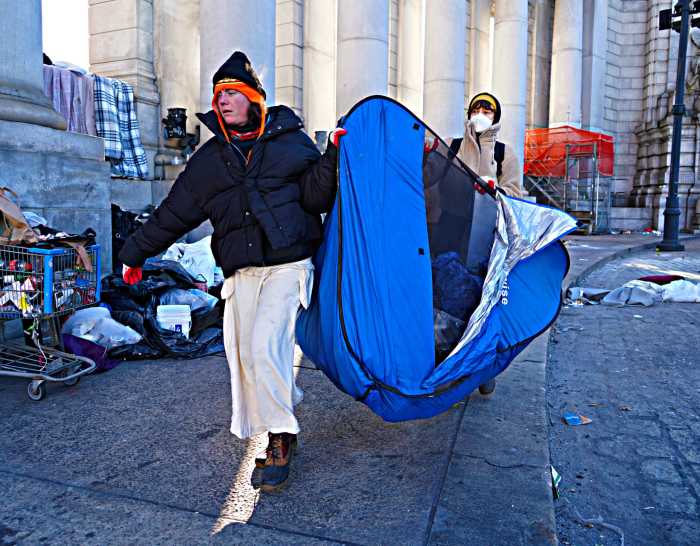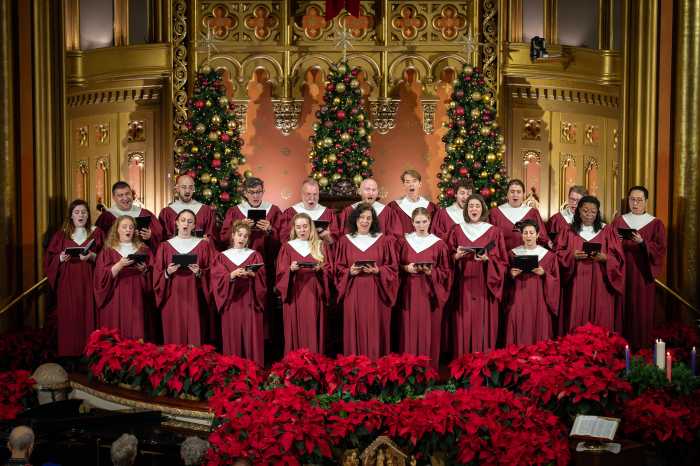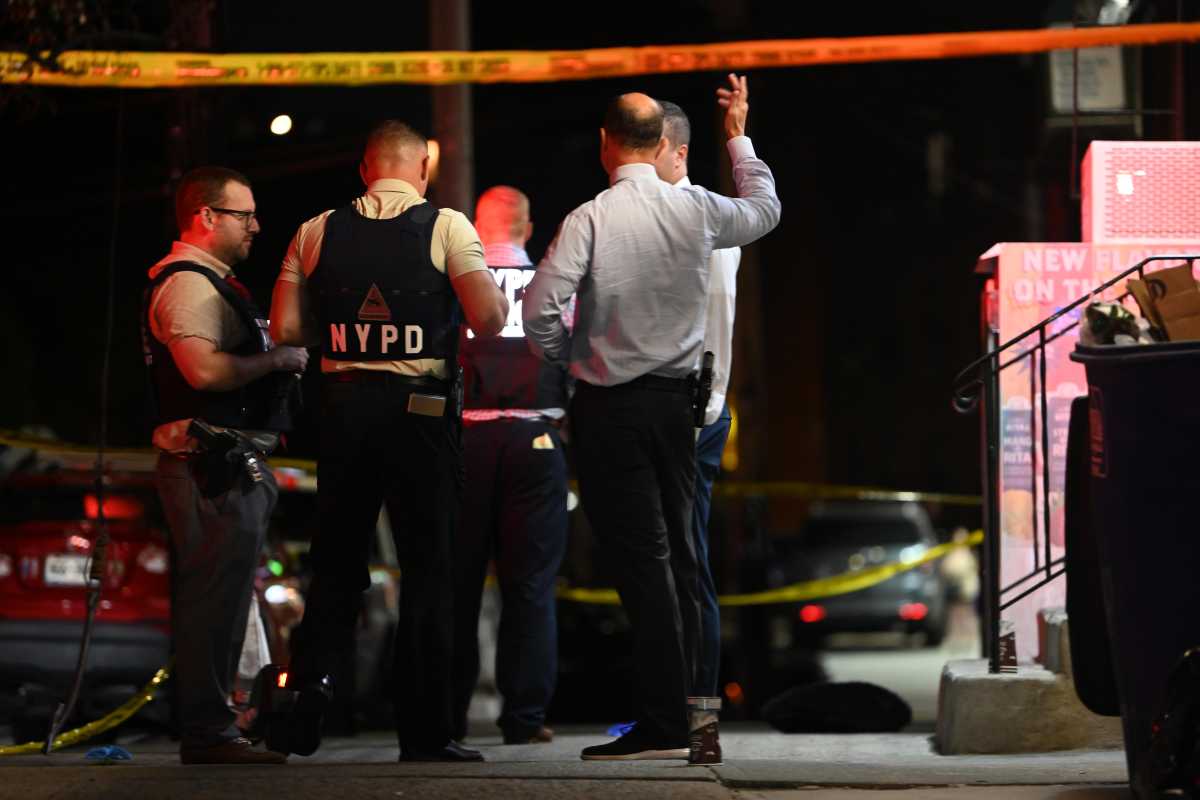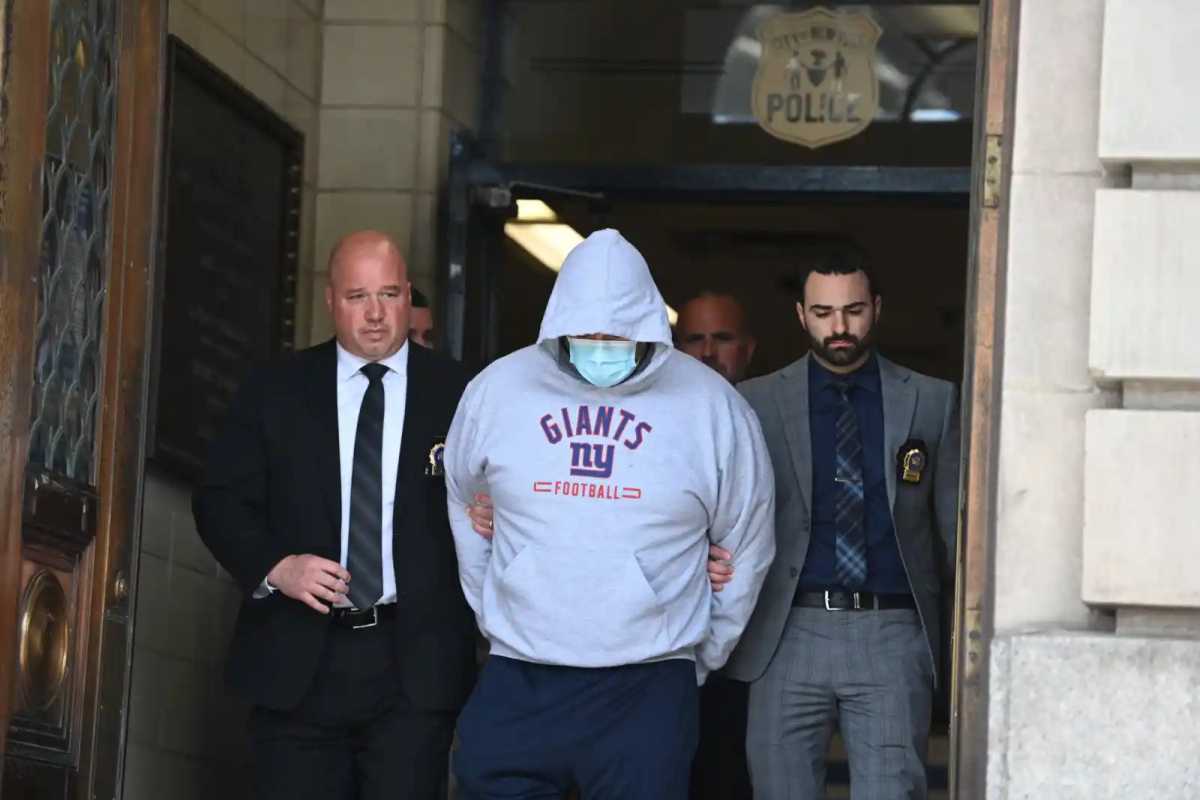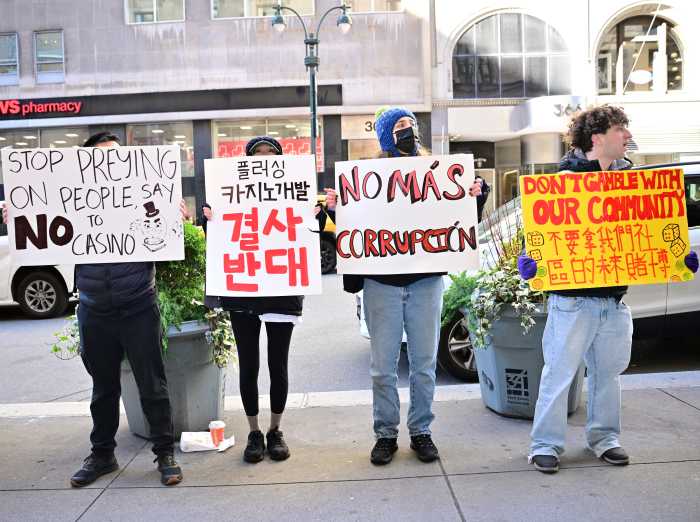
A friend recently called me a warrior for the arts. Well, this soldier is tired.
Cultural cheerleaders must think they’re living “Groundhog Day,” with the dawn threatening elimination of the National Endowment for the Arts and other cultural agencies, hoping that sunset will see the nearly gutted authorities saved again.
Arts and culture activists fear President Donald Trump’s proposal to eliminate the NEA. The last time Republicans controlled both houses of Congress, 1994, then-House Speaker Newt Gingrich proposed shutting down the NEA, but President Bill Clinton promised a veto.
I was then chairwoman of Democratic Rep. Jerrold Nadler’s Advisory Committee on Culture and the Arts, having ended 13 years as a theater critic. Nadler, joining with now-retired Republican Rep. Amory Houghton, formed the bipartisan lobbying effort America For the NEA, and I was thrilled to be its spokeswoman.
The breadth of support for our cultural legacy across the country is undeniable, most recently documented in a Quinnipiac Poll that found 66 percent are against eliminating the NEA. But members of Congress count votes. Politicians know there is a dedicated minority in our country who believe government has no business funding the arts and that “creative types” aren’t one-issue voters.
On a recent annual Arts Advocacy Day, hundreds traveled to Washington to support public funding for the arts. We’ve known for decades that facts prove the powerful economic impact of the arts. However, little research has focused on what might translate into reliable funding.
You almost never hear the arts broached at town hall meetings, where elected officials would realize that it is important to their constituents.
Most Americans don’t equate neighborhood community centers with culture or realize how important smaller nonprofit organizations are in anchoring communities or that only a federal program considers the nation as a whole.
Supporters might emphasize that NEA grants now reach every congressional district, so even some Republicans are defending arts grants. But legislators who want to starve the beast can claim there is no taxpayer money available to support so-called frivolous cultural extras.
Republicans now control both houses of Congress and the presidency.
Voters need to make our culture a driving issue, but there has been no evidence to date that there is enough widespread passion to influence votes in the next election, especially in the context of questions about education, health care, affordable housing, Social Security and Medicare, not to mention global warming and war and peace.
Yet we forget at our peril that often what sets one day apart from another for each of us is some unique experience — how we felt after a play, a concert, a film, a painting we saw or something we read. We must make our American legacy — our arts and culture — a core voting issue, and make sure our representatives understand that it is.
Leida Snow is a former theater critic.
